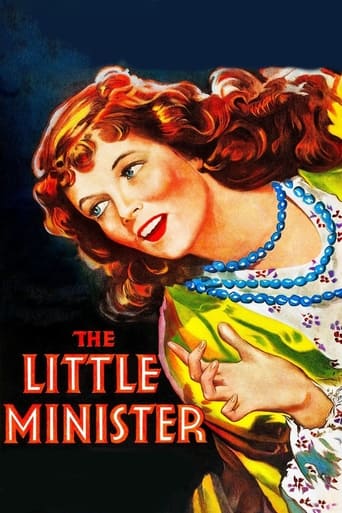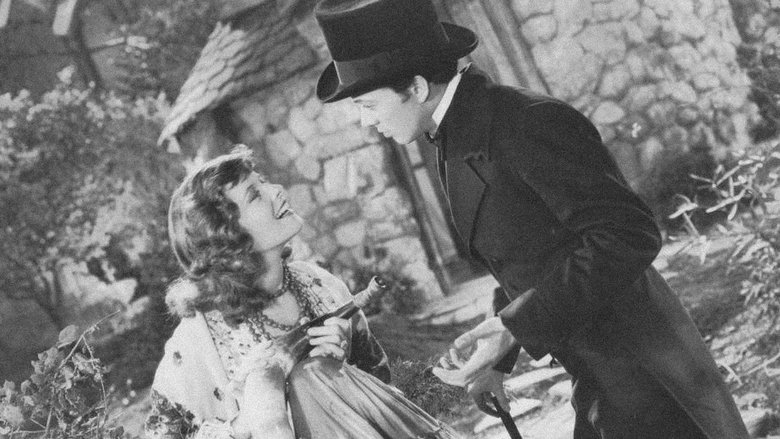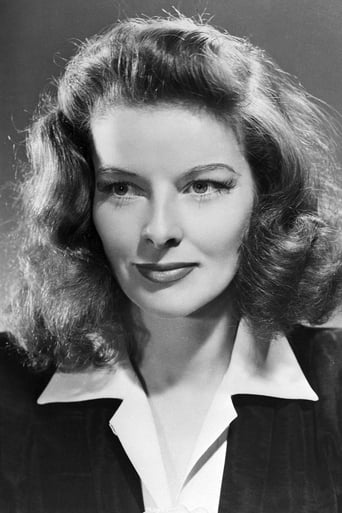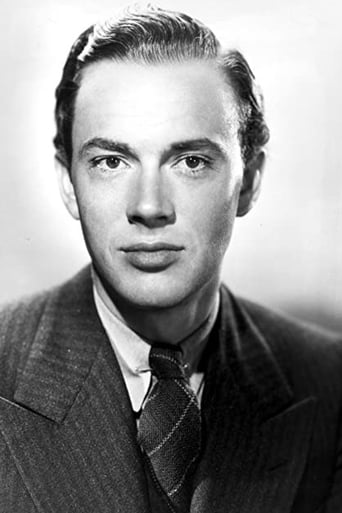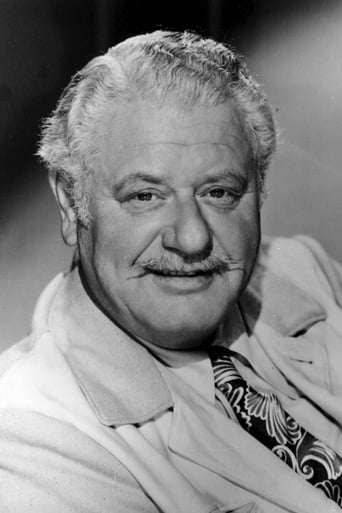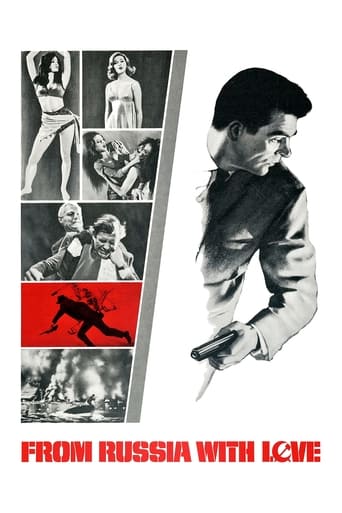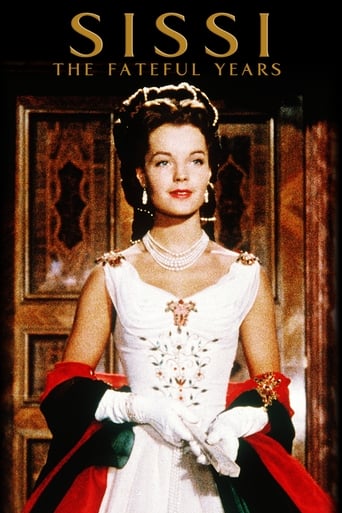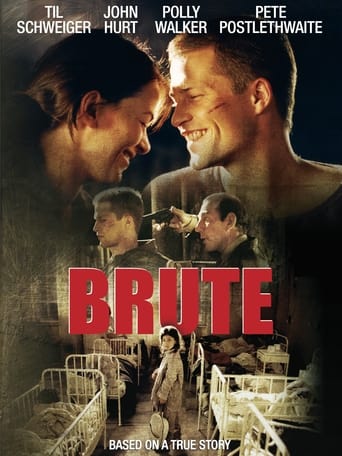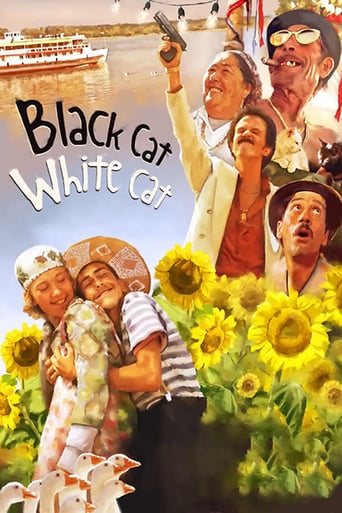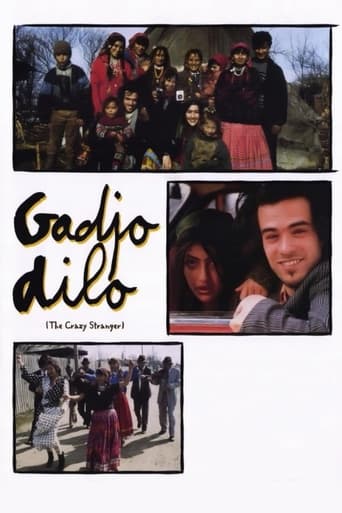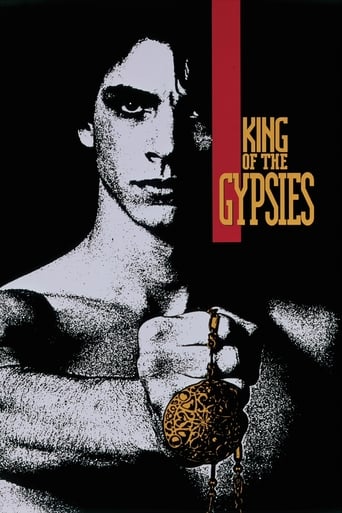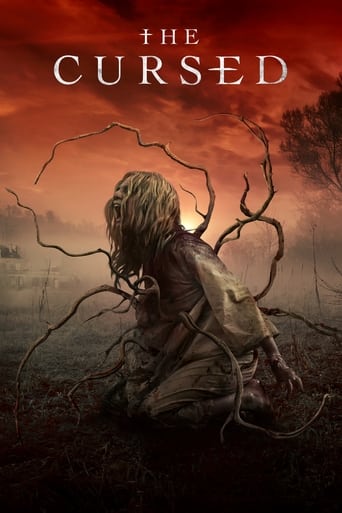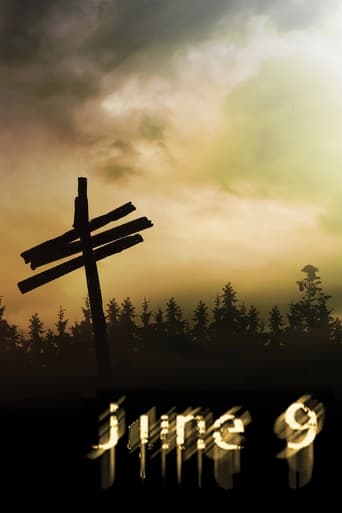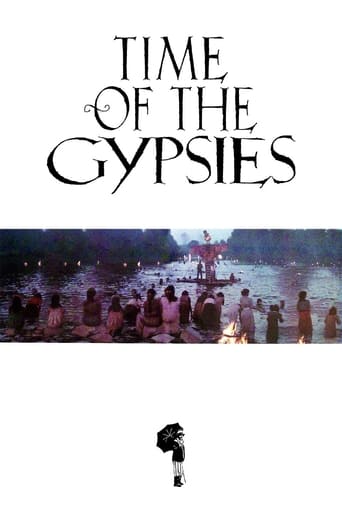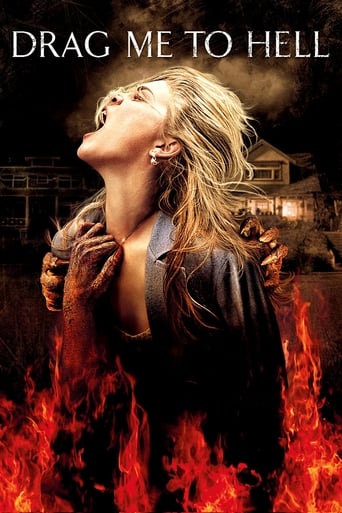The Little Minister (1934)
The stoic, proper Rev. Gavin Dishart, newly assigned to a church in the small Scottish village of Thrums, finds himself unexpectedly falling for one of his parishioners, the hot-blooded Gypsy girl Babbie. A village-wide scandal soon erupts over the minister's relationship with this feisty, passionate young woman, who holds a secret about the village's nobleman, Lord Milford Rintoul, and his role in an increasingly fractious labor dispute.
Watch Trailer
Free Trial Channels
Cast


Similar titles
Reviews
What a waste of my time!!!
Slow pace in the most part of the movie.
It is neither dumb nor smart enough to be fun, and spends way too much time with its boring human characters.
There's a more than satisfactory amount of boom-boom in the movie's trim running time.
"The Little Minister" is a very strange film. In some ways, it's very enjoyable and in other ways it's just odd. The oddest thing about this film is the casting. While Katharine Hepburn is able to approximate a Scottish accent reasonably well, casting her as a Gypsy (also called by the term 'Egyptian' in the film--an archaic word for Gypsy) is awfully strange. I just found this very hard to believe. I also found the main conflict in the film to be baffling--and didn't know exactly what the point was of this film! But, the acting was very nice--so it least it's not horrible to watch.John Beal plays the titular character--a new minister to a church in a Scottish village. At first all is very well--the congregation like his messages and he's well respected for such a young man. But, there is a bizarre Gypsy woman (Hepburn) perplexes him and throughout the film Beal inexorably is drawn to her and vice-versa (this really made no sense at all). Now considering she show no signs of being an adherent to ANY religion, I could understand how this would be a problem for him and his job--though the film seemed to feel that somehow love conquers all. I could talk more--but really don't want to give this plot any more significance, as it's a hole-ridden mess. BUT, the acting is very nice as well as the production values (especially the music) so it's not a total waste. Not a glowing endorsement, I know.
Which may sound strange coming from someone whose favorite film is Local Hero, but the longer this slight, overly delicate movie ran the more irritated I became with it. I appreciated the care with which it was mounted, but the story is far, far too thin to justify its nearly two hour running time. The final 30 minutes or so reminded me of the similarly unendurable A.I., the way it bludgeons you with its sickening sentimentality and needlessly draws out every scene, DEMANDING that you feel something, ANYTHING, PLEASE! The only thing I felt was nauseous. There isn't enough going on here to sustain interest. The movie might have been a mild success at 70 minutes, at over 100 it wears you down.The fundamental flaw at the heart of this film is the notion that the entire town would be completely devastated at the knowledge that their new minister would have interest in the opposite sex. It isn't as if he's a Catholic priest, there's no rule forbidding him to get married. Why the town drunk would be practically suicidal at the rumors that the minister is seeing someone (and the fact she's apparently a lowly gypsy is never made much of) is never made at all clear. When his pitiful son tearfully explains that his dad is "over-fond of the minister," I really started to squirm. What exactly is this film suggesting and why are nearly all the other women in this town invisible besides Hepburn's Babbie? In any event, it is impossible to expect modern audiences to relate to a movie with such an alien plot device. It simply doesn't come off, and if the town drunk is so heartbroken over all of this, what exactly occurs in the final act that suddenly makes the minister's relationship with Hepburn okay? And if you want to see an example of weak writing and storytelling, pay attention to the whole underdeveloped subplot concerning Babbie's aristocratic suitor, the one who plans to marry her "in a fortnight." Babbie airily points out a couple times that he "doesn't really love him," so it would be no big deal if she broke off their engagement. Really? Well, why are we supposed to believe that? Could it be because the man gets virtually no screen time and is stiffly portrayed by a forgettable actor? This is most certainly NOT the stuff of which classics are made. You see, there's never any contest between this man and John Beal's minister. And therefore, no drama. If you want me to believe that Beal and Hepburn are meant for each other then, as a filmmaker, you have to come up with much more compelling reasons why they are being kept apart. If you're a fan of Hepburn or Barrie or even John Beal, you may be willing to forgive The Little Minister its many flaws, but if you're none of the above, you've been warned. This is the sort of old movie that scares people away from old movies. It wasn't much good then and it's even worse now.
I really enjoyed this sentimental antique. Hepburn and Beal are terrific. Movie music fans should not miss this early Max Steiner score. I had never heard of it. It's one of his earliest through-composed soundtracks. I loved the meticulous scoring and varied arrangements of the folklike love theme, which is fully stated in the opening credits (a one minute burst of romantic fervor) and is then interpolated and altered throughout the film, first returning when Hepburn says "I do believe you've liked me all the time" to which Beal replies with the question that sums up the film's theme "Can a man like a woman against his will?". There's a great sequence where Hepburn shines a lantern through the minister's living room window. Listen to how Steiner punctuates the flashes of light. As with all good symphonic scores the love theme returns finally to tie everything together, but not before we've heard it played on everything from solo violin to bagpipes.
Hmmmmm .... strange one, this. Though it was made as early as 1934, it is no less than the FIFTH film adaptation of J.M. (Peter Pan) Barrie's stage play. It is a simple love story, set in a Scottish hamlet in early victorian times. RKO do the period feel very well indeed (check out the churchyard scene) and we can forgive a few shaky Scottish accents. Gavin Dishart is the handsome young man who has just been appointed minister to the church at Thrums. He meets Babbie, a mysterious gypsy girl, and suddenly his life is transformed, and some of his values need to be reappraised. "The fall of man through the temptation of woman" is Gavin's improvised sermon, and it encapsulates the theme of the film. The light coquetterie between Babbie and Gavin is very well done, and for the young generation of 1934 this must have been a terrific date movie. Max Steiner, RKO's contract composer, provides the score. John Beal is ideal as the innocent young pastor, and Katharine Hepburn is impressive in a gentler, less stridently feminist role than was usual for her. She is memorable in the scene where she takes off at an athletic sprint, trailing skirts behind her. Beal is great in the scene where Gavin rues the missed kiss. Wearyworld, the unpopular policeman, adds a touch of wry humour: actor Andy Clyde appears to be a genuine Scot, though his Glaswegian accent is wrong for this lowland village. He is, one would guess from his style of delivery, a veteran of the music halls. Alan Hale Snr. is Rob Dow, the local drunk. Wise, humane Doctor McQueen is played admirably by Donald Crisp. Memorable images include the zoom-in on the fast-disappearing "irresponsible, light-headed gypsy" which informs us that Babbie may amount to more than she seems, and the dour faces of the three elders at Mrs. Dishart's door.Verdict - curious early Hepburn vehicle with nice period atmosphere

